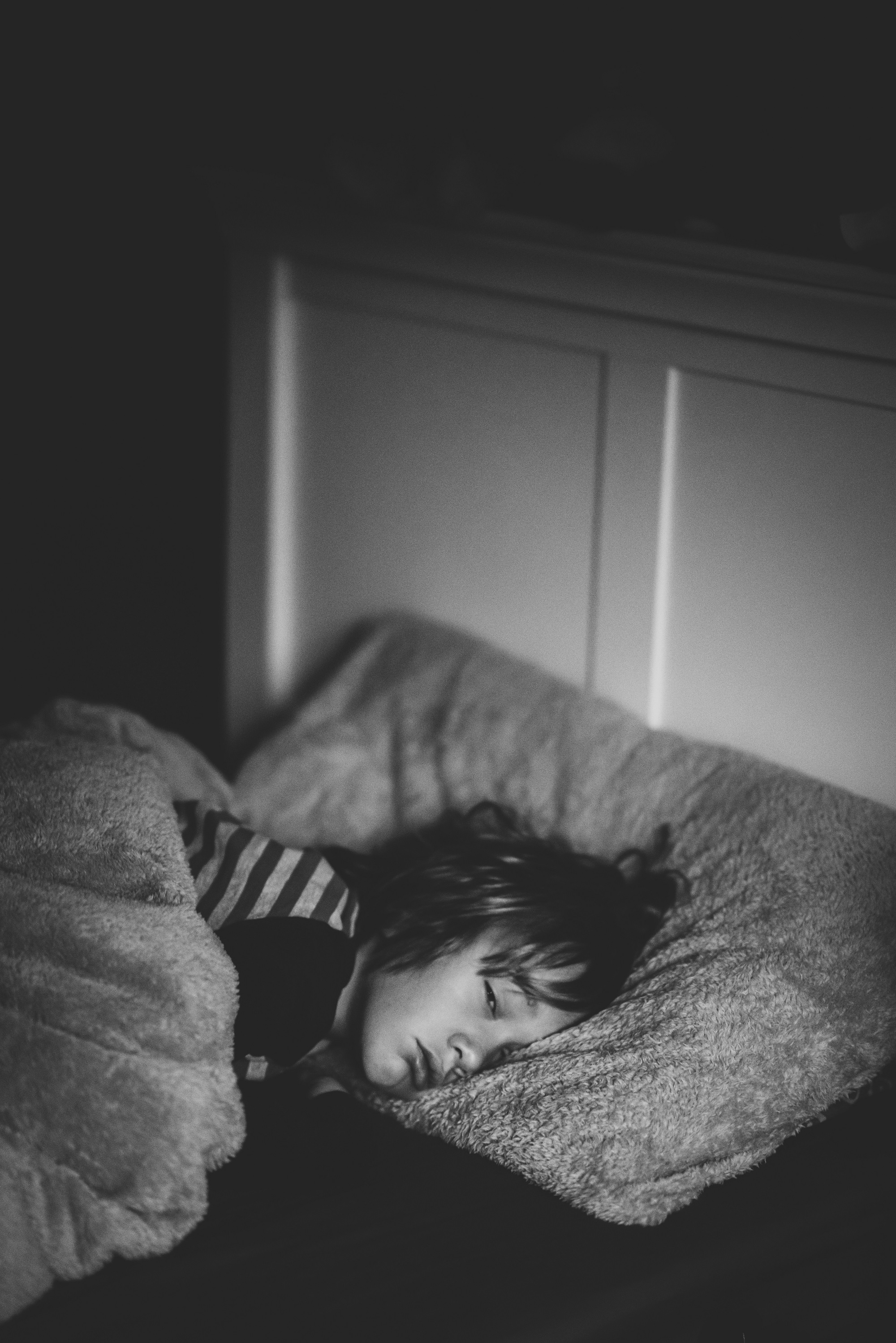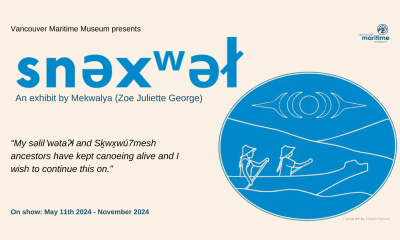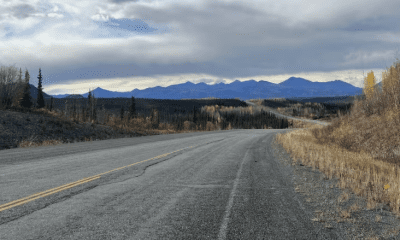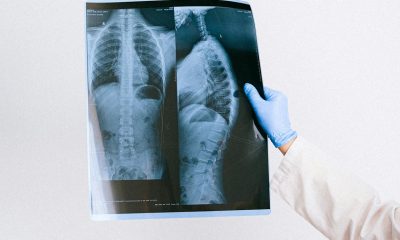Health
Concussion in kids: Insomnia treatment linked to faster recovery

Insomnia is defined as difficulty falling asleep or staying asleep, restriction in the number of hours of sleep or feeling that sleep is not refreshing. (Photo by Annie Spratt on Unsplash)
Active kids sustain injuries. It is estimated that every year more than 100,000 Canadian children and adolescents get a concussion while participating in normal childhood activities, like sports and play.
Most kids return to school and activities within about one month of the injury, but sometimes they need specialized concussion treatment and rehabilitation.
Our recent study, published in the Journal of Head Trauma Rehabilitation, found that psychotherapy can improve adolescents’ insomnia after concussion and that it also improves overall post-concussion recovery.
Concussion and sleep
Although the majority of youth with concussion will recover within about one month, 20 to 30 per cent will have symptoms that have not resolved.
Those with slow concussion recovery are more likely to repeatedly visit health-care professionals, miss school and, as a result, have parents who need to take time off of work. Finding ways to improve recovery has become a top priority.
Research shows that insomnia is one of the most common lingering symptoms in adolescents with concussion. Insomnia is defined as difficulty falling asleep or staying asleep, restriction in the number of hours of sleep or feeling that sleep is not refreshing.
In a recent study, we found that some level of insomnia was present in two-thirds of adolescents with slow recovery from concussion. One-third had moderate to severe insomnia.
Worse insomnia was also linked to worse post-concussion symptoms (for example headaches, balance problems and dizziness), worse anxiety and depression, as well as more self-reported problems with attention and memory.
Psychotherapy for insomnia
Unfortunately, there are very few evidence-based treatments to help with insomnia after concussion, so clinicians are often providing suggestions that may or may not actually work.
Our treatment trial found that a type of psychotherapy — called cognitive behavioural therapy for insomnia (or CBT-I) — provides remission of insomnia in 80 to 90 per cent of adolescents who were taking several months to recover from their brain injury. That is compared to remission rates of only nine per cent for those who did not have the treatment.
And the benefits of this therapy extended beyond just sleep improvement; there was also improvement in overall concussion recovery. That is, their level of post-concussion symptoms also dropped over time.
Sleep schedules are important
Commonly, after concussion, sleep routines get temporarily disrupted. Kids who go on to develop longer term sleep problems often do not return to a normal sleep routine. Instead of going to bed and getting up at a regular time, they go to bed and wake up later. They may also sleep less at night and start to compensate by taking more naps.
This disrupted schedule interferes with school and regular activities. As activities start to drop off, the motivation to get to bed and wake up at regular times also goes down.
One of the most important pieces of advice we give is to get back on a regular sleep schedule. In particular, this means setting and sticking to a regular wake-up time. Although getting up at the same time every day might feel hard at first, it gets kids back to normal activities (like getting to school on time) and it helps to ensure that when bedtime rolls around, they are actually sleepy.
Sleepiness (feeling like you could fall asleep) increases the longer that you’ve been awake. So if you get out of bed at 7 a.m. there is a good chance you’ll want to fall asleep by 10 or 11 p.m. But if you get out of bed at noon, the need to sleep again won’t actually occur until much later, say 2 a.m. or 3 a.m.
Setting a regular wake-up time helps to ensure that when kids crawl into bed at night they won’t just lay there with minds racing.
Improve sleep, concussion may remit
The second most important piece of advice we give is to use your bed only for sleeping! This means that if a child is not sleeping, they shouldn’t be lying in bed. If they need to rest but aren’t sleepy, doing so on the couch is just fine.
Finally, there should be no electronic devices in bedrooms, as they are notorious for disrupting sleep, even when they are turned off! The American Academy of Pediatrics recommends that bedrooms are 100 per cent media-free zones and one of the most effective pieces of advice we have is to remove all electronics from bedrooms.
There are many good books and other resources available for teens and parents who want to learn more about treating insomnia.
The main message we want to convey is that concussion-related insomnia is a treatable problem. And that by improving sleep, concussion symptoms may also remit.
———
This article is republished from The Conversation under a Creative Commons license. Disclosure information is available on the original site. Read the original article:
https://theconversation.com/concussion-in-kids-insomnia-treatment-li





















